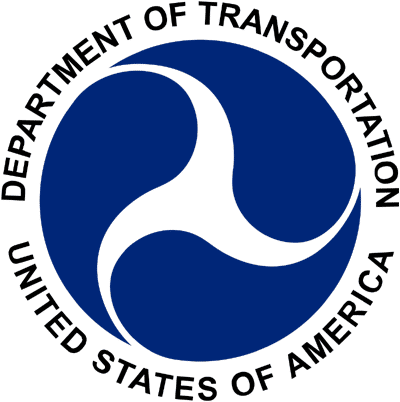District Of Columbia Dept. of Transportation Updates
DUI Statistics in Washington, DC
Driving Under the Influence (DUI) remains a critical public safety issue in Washington, DC. The District of Columbia has dedicated resources to combat impaired driving, reflecting nationwide efforts. In recent years, Washington, DC has implemented stringent measures to reduce DUI incidents. Penalties for DUI offenses include fines, license suspensions, and mandatory participation in the Ignition Interlock Program. These efforts, combined with public awareness campaigns, aim to significantly reduce DUI cases. DC law enforcement agencies frequently conduct sobriety checkpoints throughout the city to deter potential offenders. Despite these efforts, DUI-related incidents continue to challenge public safety in the capital.
Drug Involved Accidents in Washington, DC
Accidents involving drugs present a growing concern for Washington, DC's Department of Transportation (DOT). The use of both prescription and illicit drugs has contributed to an increase in impaired driving incidents. The District of Columbia has responded by enhancing drug recognition training for law enforcement and promoting educational programs that highlight the dangers of drug-impaired driving. Drug screenings are often conducted at the scene of accidents to ascertain the involvement of substances. This proactive approach has led to more arrests and convictions, reinforcing the need for ongoing vigilance. However, the ever-evolving nature of substance abuse requires continuous adaptive strategies in the District.
Marijuana Related Accidents in Washington, DC
Since the legalization of marijuana in Washington, DC, there has been a noticeable impact on traffic safety and marijuana-related accidents. The Washington, DC DOT, along with law enforcement, has focused on understanding and mitigating the risks associated with marijuana-impaired driving. Increased public education on the effects of marijuana on driving performance and enhanced officer training on detecting impairment are central to their strategy. The complexity of measuring marijuana impairment poses challenges, as THC levels do not correlate directly with impairment. Nonetheless, the District remains committed to reducing marijuana-related accidents through targeted measures and public awareness initiatives.





















